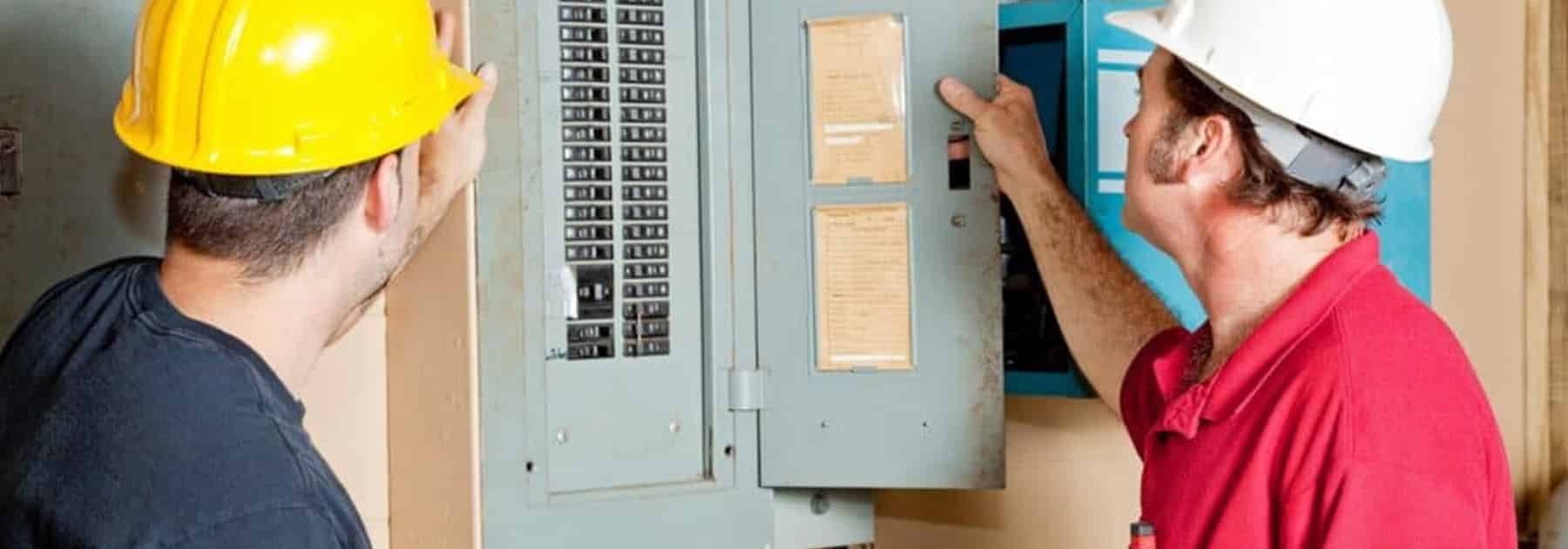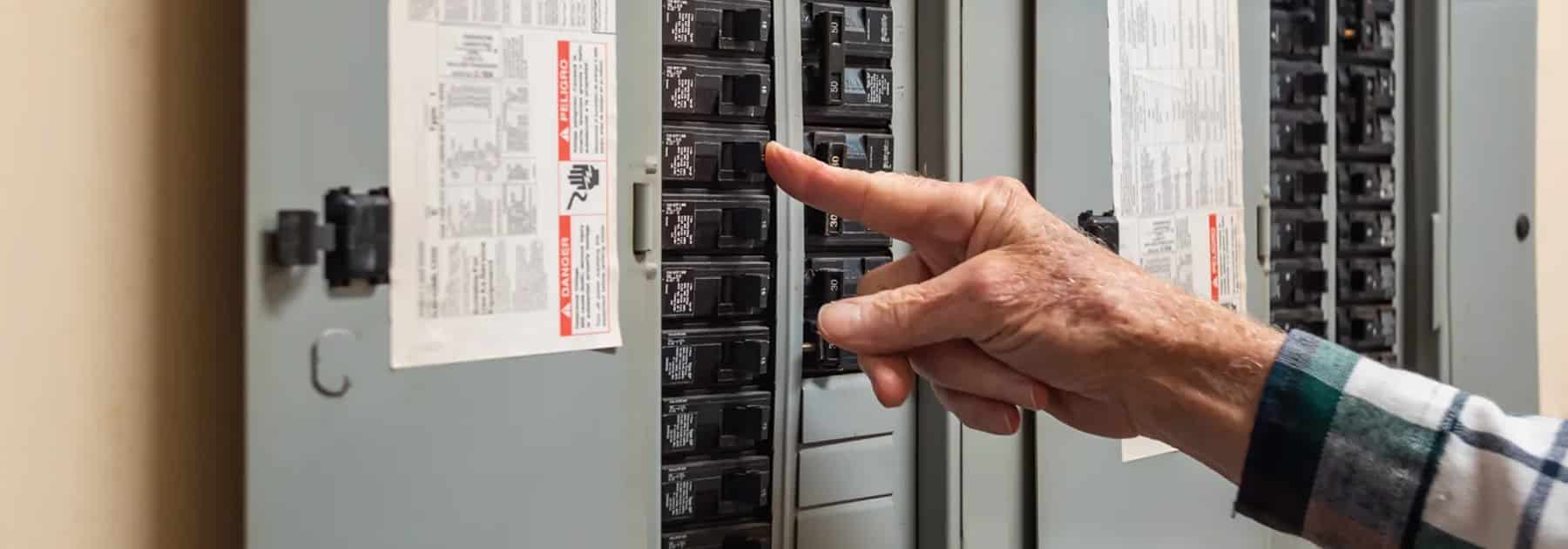Are you experiencing flickering lights, frequent power outages, or strange buzzing sounds coming from your electrical panel? These could be signs that your fuse box needs attention. With some basic electrical panel repair tips, you can tackle common fuse box issues and ensure the safety and efficiency of your home’s electrical system.
Electrical Panel Replacement and Safety Tips for Your Home
First things first, let’s understand what a fuse box is and why it’s important for your home. A fuse box, also known as an electrical panel, is where electricity is distributed throughout your house via fuses or circuit breakers. It acts as the nerve center of your electrical system, protecting your wiring from short circuits and overloads.
Before conducting electrical panel repair, safety should always be a top priority. Whether you’re dealing with a faulty fuse box or considering an upgrade to your electrical panel, it’s important to understand proper maintenance and safety measures.
Electrical panel replacement may be necessary if your current panel is outdated or unable to meet the demands of modern appliances.
However, before diving into electrical panel replacement, consider implementing these electrical safety tips:
- Regular Inspections: Schedule regular inspections of your electrical panel to check for signs of wear and tear, such as frayed wires or corrosion.
- Avoid Overloading Circuits: Overloading circuits can lead to overheating and potential fire hazards. Be mindful of the number of devices plugged into each outlet and distribute the load evenly.
- Proper Grounding: Ensure that your electrical panel is properly grounded to prevent electrical shocks and equipment damage.
- Professional Installation: When replacing or installing a new electrical panel, always hire a qualified electrician to ensure proper installation and compliance with safety regulations.
By following these electrical safety tips, you can minimize the risk of electrical problems and ensure the safety of your home and family.
Common Electrical Problems and How to Address Them

Electrical problems can occur unexpectedly, causing inconvenience and potential hazards. Here are some common electrical issues you may encounter and how to address them:
- Circuit Overloads: If your circuit breaker frequently trips or fuses blow, it may be due to circuit overloads. To resolve this issue, unplug unnecessary devices and redistribute the load across different circuits.
- Flickering Lights: Flickering lights can be caused by loose connections or faulty wiring. Check the connections at the light fixtures and replace any damaged wiring to resolve the issue.
- Electrical Surges: Electrical surges can damage sensitive electronics and appliances. Install surge protectors to safeguard your devices against sudden voltage spikes.
- Outdated Wiring: If your home has outdated wiring, it may pose a safety risk. Consider rewiring your home to ensure compliance with current electrical codes and prevent potential hazards.
By addressing these common electrical problems promptly, you can prevent further damage, electrical panel repair, and ensure the longevity of your electrical system.
Steps for Effective Electrical Panel Repair

When faced with a faulty fuse box or electrical panel, knowing how to perform basic repairs can save you time and money. Here are the steps for effective electrical panel repair:
- Locate the Fuse Box: Familiarize yourself with the location of your fuse box or electrical panel. It’s typically found in the garage, basement, or utility room.
- Turn Off Power: Before performing any repairs, shut off the main power to the fuse box to avoid the risk of electric shock.
- Identify the Problem: Inspect the fuse box for any signs of damage or malfunction, such as blown fuses or tripped circuit breakers.
- Replace Faulty Components: If you identify a blown fuse or tripped circuit breaker, replace it with a new one of the same type and rating.
- Test the System: After completing the repairs, turn the power back on and test the electrical system to ensure everything is functioning properly.
By following these steps, you can effectively troubleshoot and repair minor electrical panel issues without the need for professional assistance.
Conclusion
Your fuse box plays a vital role in keeping your home powered safely and efficiently. By understanding how it works and following these basic electrical panel repair tips, you can address common issues and maintain the integrity of your electrical system.
Remember, when in doubt, always consult with a qualified electrician for professional assistance. With a little know-how and caution, you can keep your fuse box in tip-top shape and enjoy uninterrupted power supply in your home
